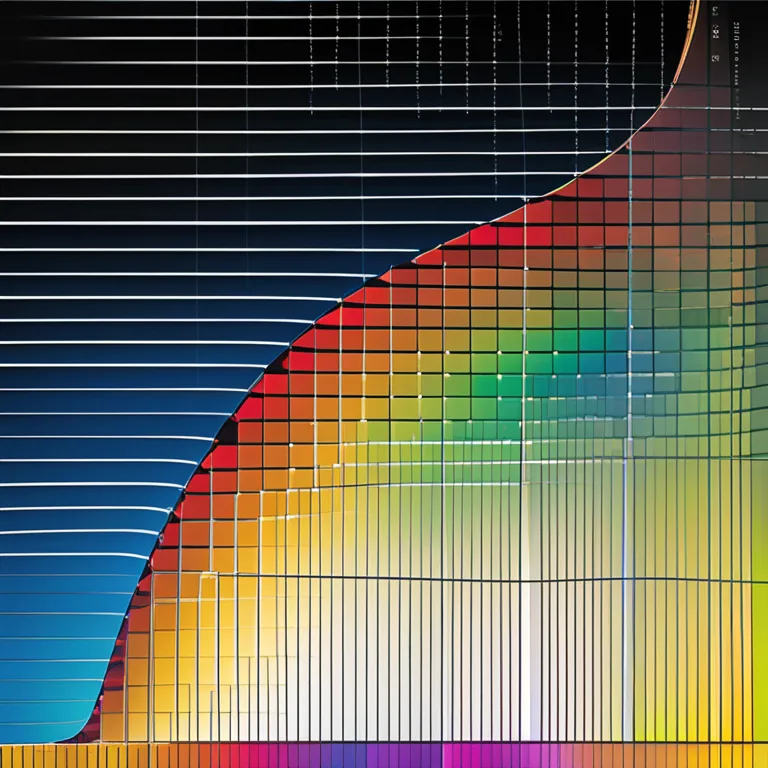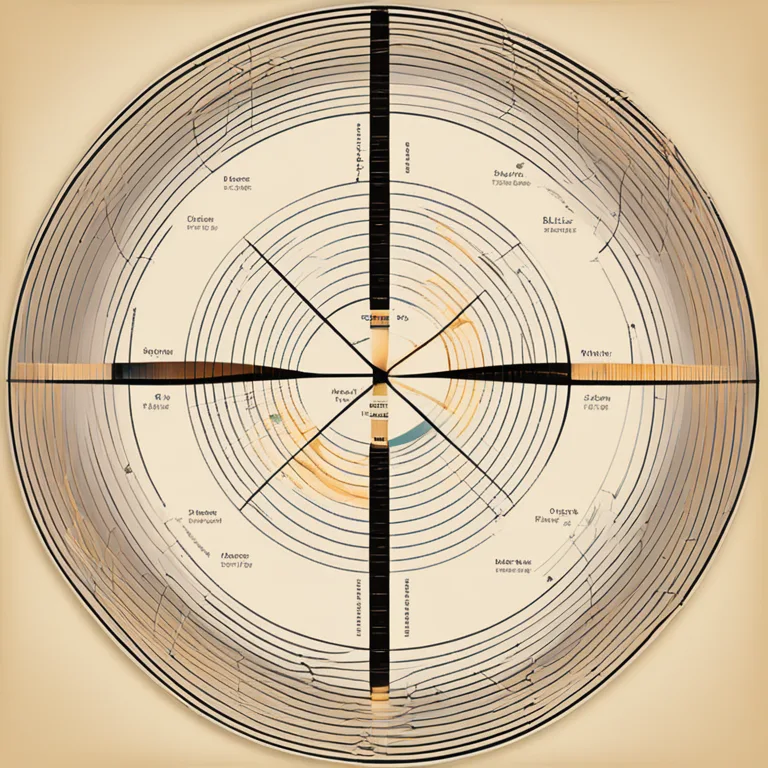
The Essence Of A Biorhythm Chart
Discover how biorhythm charts are used to predict personal cycles of energy, emotion, and intellect.
article by Adrian Wallace
Introduction to Biorhythms
Biorhythms are a concept in pseudoscience suggesting that our daily lives are significantly affected by rhythmic cycles. Introduced in the 19th century, biorhythms assert that three fundamental cycles influence our physical, emotional, and intellectual abilities. A biorhythm chart represents these cycles, providing insights into the fluctuations of our capabilities over time. Individuals use biorhythm charts to foresee better and manage their activities, aligning them with the predicted cycles for optimal effectiveness.

Components of Biorhythm Cycles
Core to biorhythm theory are three cycles: the Physical, Emotional, and Intellectual cycles, lasting 23, 28, and 33 days, respectively. Proponents claim that the physical cycle affects endurance, strength, and vitality; the emotional cycle oversees mood, creativity, and perception; and the intellectual cycle governs analytical thinking, logic, and learning capabilities. By plotting these on a chart, one can supposedly anticipate their highs and lows in these areas, corresponding to positive, negative, or critical phases of the cycles.

Creating a Biorhythm Chart
To create a personal biorhythm chart, one must start with their date of birth, which acts as the basis for calculating the cycles. Then, using specialized software or online platforms that have gained popularity in 2024, individuals can compute their unique rhythmic patterns. The result is often a graphical representation with sinusoidal curves that intersect the days on the horizontal axis and the high and low states on the vertical axis. Today's advancements in technology enable more sophisticated interpretations and personalized recommendations based on these charts.

Significance of Biorhythms Today
In our interconnected and tech-driven world of 2024, the relevance of biorhythms extends to various fields, from personal development to productivity enhancement. While scientific evidence supporting the efficacy of biorhythms remains sparse, the concept garners interest from those seeking alternative methods of self-awareness and life optimization. Biorhythm charts are often integrated into broader well-being apps and platforms, suggesting they may play a role in the digital wellness trends that emphasize personalized health analytics.

Using Biorhythm Information
Biorhythm charts are not just a reflective tool but are also meant for practical application. For example, individuals may avoid making critical decisions on days marked by low intellectual cycles or will rest during critical physical phases. Some sports professionals and businesses might even consult these charts for scheduling activities that require peak performance. However, it's essential to approach such practices with skepticism and not overlook the role of other substantiated factors influencing performance and decision-making.
Criticism and Considerations
Despite their popularity, biorhythms and their charts have been subject to criticism for the lack of empirical evidence supporting their claims. Critics argue that while the idea of cycles affecting human life is intriguing, biorhythm charts should not substitute for medically and scientifically backed health advice. Although the resurgence of interest in holistic and alternative beliefs could be seen as a cultural shift, consumers are advised to use biorhythm charts as one of many personal insight tools rather than a singular guide to life's complexities.
Published: 12/28/2023
Modified: 12/28/2023
More predictions
Come back here soon to learn more about yourself and your future


Unlocking Your Body's Natural Clock
Explore the intriguing world of biorhythms and discover how they influence your physical, emotional, and intellectual states.


Biorhythm Wheel: Unlocking The Secrets
Explore the intriguing world of the biorhythm wheel to understand your physical, emotional, and intellectual cycles for enhanced well-being.


Biorhythm Theory: Fact Or Fallacy?
Explore the fascinating concept of biorhythms to discern if there's any scientific accuracy behind this popular belief.